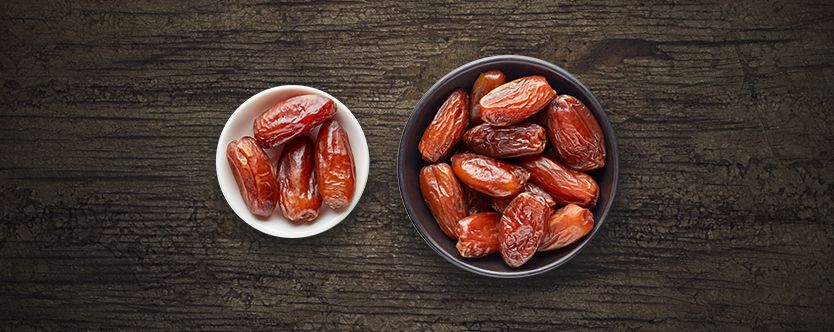
Winter Wisdom by Anjali Mukerjee
The human body responds differently to varying seasons. Just as our bodies need certain clothes in certain seasons, we also need to take the same amount of care when it comes to our diet.
Warming Foods:
According to Chinese medicine, food apart from having a physical nature to it – like proteins, fats, carbohydrates – also has a thermal nature. It has warming and cooling properties such as ginger, garlic, most grains such as wheat, jowar, bajra, onions, green chillies, pepper, mustard, have a warming effect on the body. Dates, honey and jaggery (gud) are sweeteners that have a warming effect as well. All animal products are warming, too.
Effect of cooking
Cooking methods that require a longer cooking time impart more warming qualities to food. For instance, cooking vegetables on slow fire, imparts more warming qualities than stir frying. Pulses that are pressure cooked over medium heat like kabuli channa, rajma and black dal have a more warming effect on the body as compared to pulses like moong, which are sprouted and stir fried to be added to salads or dishes. Although eating raw foods has its own set of benefits, eating them during the cold season may cause weakness, indigestion and discomfort.
Moderately cooked food, especially, during the winter, is better digested. Its nutrient are better assimilated, which in turn gives warmth and energy to the body.
Individuals react differently to weather changes. People who dislike the winters, need more warming foods. Cold temperatures cause contraction, which may cause certain people to move around with difficulty. Those suffering from arthritis experience more pain in their joints. They should take flax meal powder or alsi seed powder twice a day. Each tablespoon is advised to reduce pain and inflammation. Hot soups flavoured with pepper and ginger are also advised.
However, those with large appetites tolerate cold climates better. They can even eat some amount of cooling foods such as raw salads and fruits.
If you pay attention to bodily demands, the body’s internal wisdom takes over the choice of foods.
In the winter, our food intake should be such that it gives our body warmth and the energy that is necessary to maintain peak performance.
to each its own
Foods have specific properties. Some foods help to increase energy, others calm the mind, some foods reduce mucous, some provide warmth and others cool the body. Also, it goes without saying that each individual has a unique constitution. One man’s food may be another man’s poison. Therefore, food plans should be designed to suit a person’s needs. It is only then that we will begin to experience good health.
